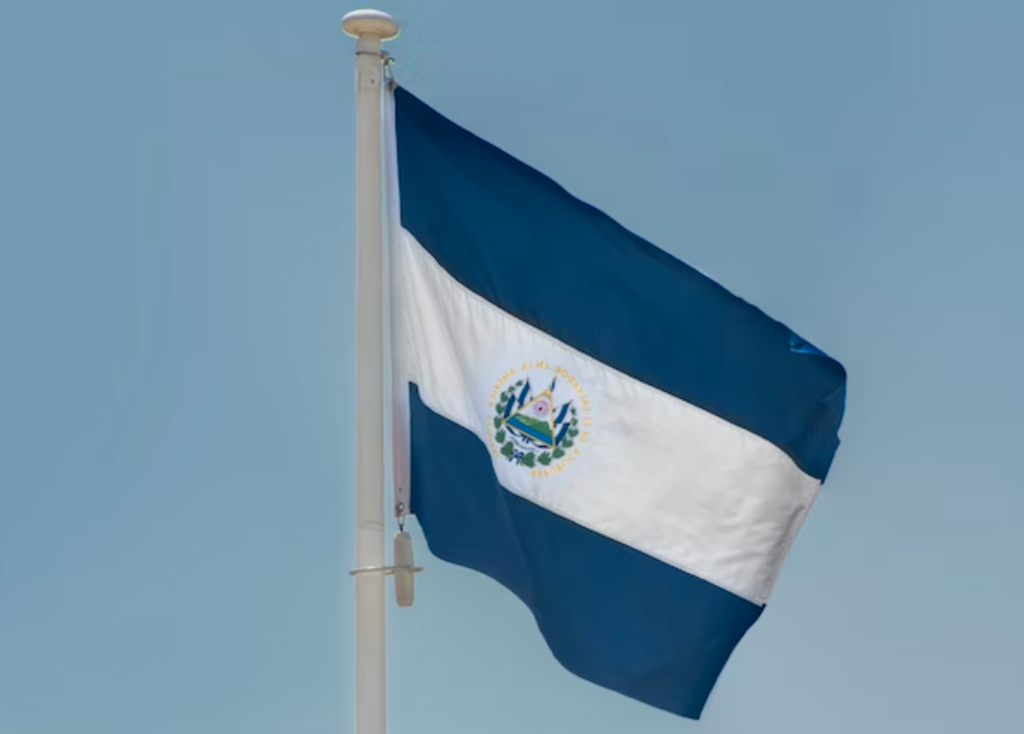Why El Salvador Is Ahead Of Every Other Country In One Imperative Way
El Salvador's government passed a law that protects cryptocurrency and other digital investments bought within the country in hopes of attracting foreign opportunist investors, but the law does not protect crypto or digital investments made outside El Salvador.
This article is more than 2 years old

The legislative assembly in El Salvador approved a digital assets law to protect cryptocurrency from transfer and debt issues. Backed by lawmakers allied with President Nayib Bukele, the bill aims to attract national and foreign investors. It also serves to create new financing opportunities for citizens, companies, and the government.
According to Aljazeera, the 47-article law received 62 votes from the 84-seat El Salvador Congress earlier this week. “The purpose of this law is to establish the legal framework that grants legal certainty to transfer operations to any title of digital assets used in public issuance offers,” the legislation states. The cryptocurrency law states that public offers can be made by issuers using existing digital assets.
The creation of the National Commission for Digital Assets and the Bitcoin Funds Administration Agency has also been established by the El Salvador cryptocurrency law. The commission will be tasked with managing, safeguarding, and investing funds from public offerings of digital assets carried out by the government.
However, the provisions of the El Salvador law do not apply to digital currencies issued by central banks of any country or territory. It also does not apply to digital assets that are deemed as legal tenders by law. This includes Bitcoin, the video game ecosystem, and Non-Fungible Tokens. Whether the new legislation will apply to the previously announced Bitcoin Volcano Bonds remains unclear.
Nonetheless, President Bukele shared a message from the local Bitcoin office saying the law paves the way for the acquisition of $1 billion in crypto or volcano bonds. The leader of El Salvador previously announced the construction of a Bitcoin City in the Eastern department of La Union. The project would be powered by geothermal energy from a volcano in the region.
The El Salvador government has already purchased 2,381 Bitcoins for $107 million. And in November 2022, the country’s President said they would buy “one Bitcoin a day.” But he did not specify how long this would continue. The popular cryptocurrency is currently trading below $20,000 after reaching a high of $68,000 in 2021.
Interestingly, El Salvador was the first country to adopt Bitcoin as a legal currency. In September 2021, the country began using it along with the U.S dollar, which it adopted as its currency in 2001. Even as the dramatic collapse of the FTX crypto exchange in 2022 raised questions about the future of digital currencies, President Bukele remains optimistic.
However, his effort to get El Salvador citizens to use cryptocurrency has made the region a risky investment prospect. The policy has even stalled the country’s negotiations with the International Monetary Fund for a $1.3 billion loan to aid public finances, Time reports. As a result, the region has been scouting alternative cash sources from China.
However, most economists don’t believe that the Chinese government will help El Salvador due to the $21 billion debt burden it owes foreign lenders. And if the country can’t find new creditors to help service its debt, it runs the risk of payment default this year.




